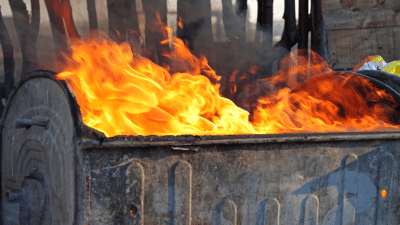Drugs and religion have been intertwined for millennia. From ancient times to the present day, drugs have been used in religious ceremonies, rituals, and practices all over the world.
In ancient times, cannabis was used in funerary ceremonies in parts of Europe and Asia. In ancient Egypt, cannabis was believed to have been used as part of the embalming process. In India, cannabis was used in religious ceremonies and rituals, and is still used in some Hindu practices today. In ancient Greece, cannabis was used to induce trance states for spiritual and religious purposes.
In the modern era, psychedelic retreats are becoming increasingly popular. These retreats use psychedelics such as psilocybin mushrooms, LSD, and ayahuasca to induce altered states of consciousness and facilitate spiritual exploration. The use of psychedelics in these retreats is often accompanied by religious or spiritual practices such as meditation, chanting, and prayer.
The combination of drugs and religion is not without controversy. Many religious leaders are wary of the use of drugs in religious contexts, as they may be seen as a distraction or a dangerous path to spiritual enlightenment. There is also the potential for abuse, as drugs can be used to manipulate people into believing certain things or behaving in certain ways.
At the same time, many people have found that the combination of drugs and religion can be a powerful tool for spiritual growth and exploration. Psychedelic retreats, for example, have been shown to have a positive effect on mental health, with participants reporting increased feelings of wellbeing and spiritual connection.
Ultimately, the combination of drugs and religion is a complex topic that has been debated for centuries. While there are risks and potential for abuse, it can also be a powerful tool for spiritual exploration and growth.
